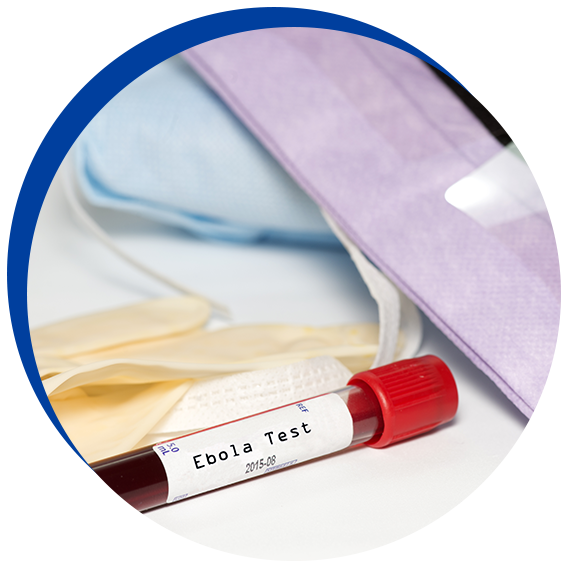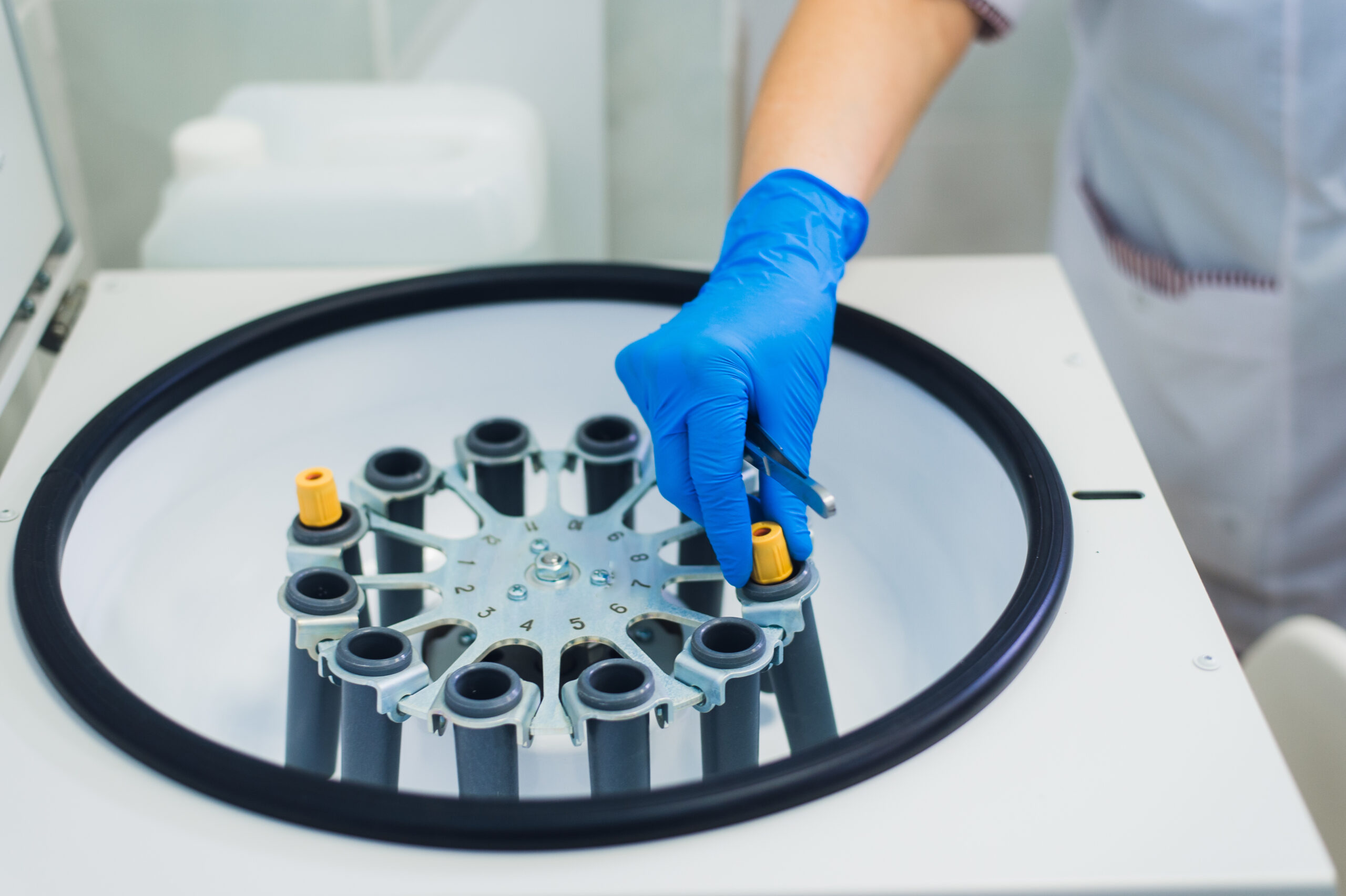Phlebotomy Technician
Draw Your Path to Success: Illuminate Your Future with AMG's Phlebotomy Technician
Program!



Comprehensive Training
The purpose of the Phlebotomy Technician program is to train students to acquire skills necessary for successful employment in any capacity of this discipline at any health care facility. The phlebotomist is a
valuable healthcare team member responsible for collecting, processing, and transporting blood specimens to the laboratory. Today, phlebotomy, although no longer considered curative, is necessary to diagnose and treat disease. Phlebotomy primarily aims to obtain blood specimens by venipuncture (puncturing the vein) or dermal puncture (puncturing the skin). Another role of the phlebotomist is to remove blood from donors for blood transfusions. Students are trained to demonstrate professional attire, attitude, and communication, correctly identify patients, and collect venous and capillary blood specimens. Select the appropriate and accurate specimen container for the specific test; properly label, handle, and transport specimens following department policies; sort specimens received and processed for delivery to the laboratory department; perform point-of-care testing and quality control checks; and observe safety regulations.

About Our Phlebotomy Technician Program
Currently role of the Phlebotomy is to obtain blood specimen either by venipunctures (puncturing the vein) or dermal puncture (puncturing the skin).
Another role of the Phlebotomy is to remove blood from donors for blood transfusions. Students are train to demonstrate professional attire, attitude, and communications, properly identify patient, collect both venous and capillary blood specimens.
Select the appropriate and accurate specimen container for the specific test, properly , handle and transport and transport specimen following department policies, short specimens received and process specimen for delivery to laboratory department, perform point to care testing and quality control check and observe safety regulations.
Upon successful completion of the course, graduate will be able to take certification exam for National Certification with National Center Competency Testing.
Career Outlook
In New Jersey, the average salaries for phlebotomy technicians are directly affected by factors such as their experience level and the type of employer. Professionals with more than three years of experience typically earn a higher salary than those just beginning in the field. Additionally, those employed in larger hospitals or laboratories tend to have higher wages than those in smaller medical settings. According to the U.S. Bureau of Labor Statistics, phlebotomists in New Jersey earned an average annual salary of $44,470 as of May 2021. That comes to roughly $21.38 per hour. The top 10% of earners in the field made upwards of $59,680, while those at the lower end earned around $32,660.

Program Length
The length of the program is 17 Weeks, a total of 300 hours, 180 hours spent in the classroom, and 120
hours to be completed at an internship/externship site, including 5 hours of Career Development.
Classes are Monday to Thursday
9:00 am to 3:00 pm (morning)
5:00 pm to 10:00 pm (evening)
Office Hours
Monday to Friday
9:00 am to 5:00 pm
MINIMUM ADMISSION REQUIREMENTS
High school diploma or equivalent
Next Start Dates
